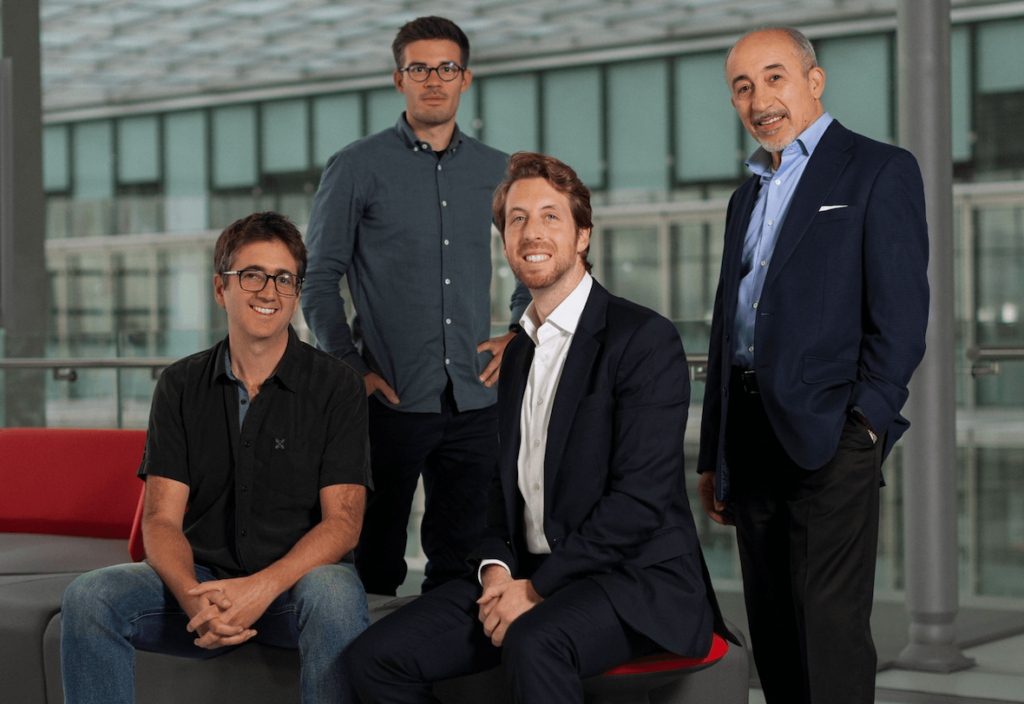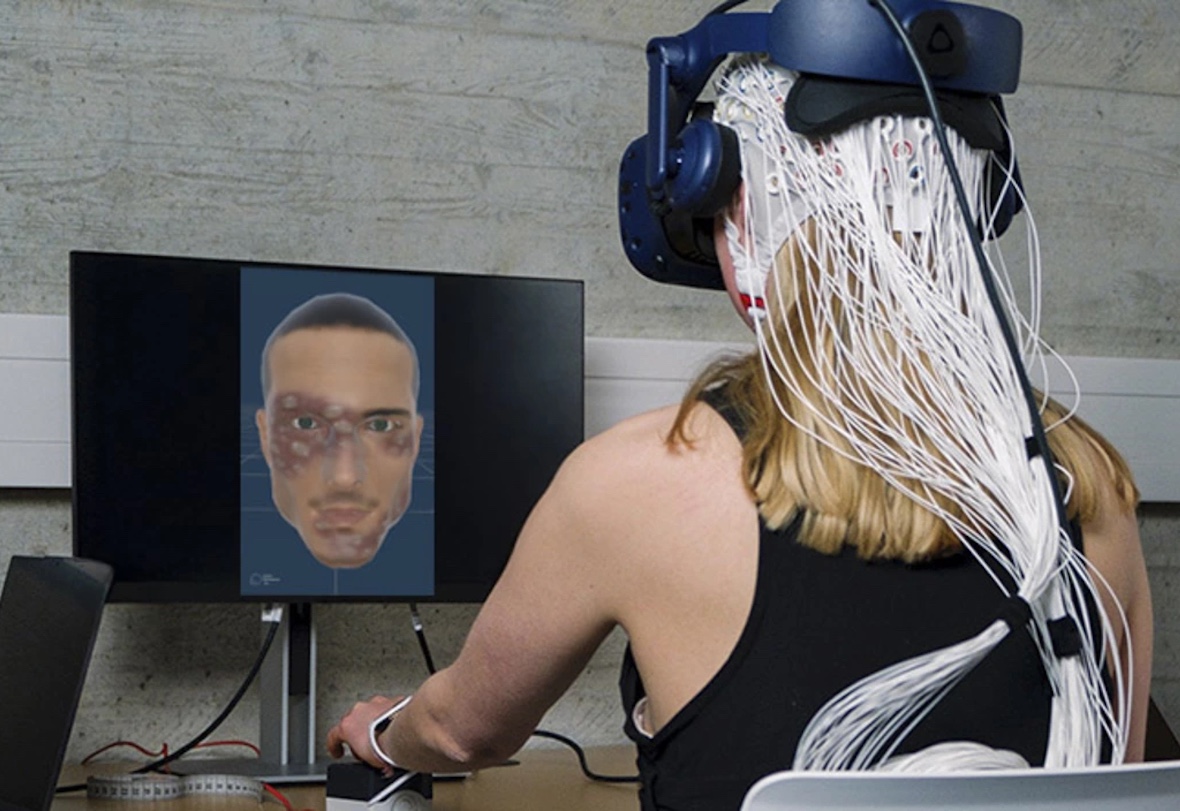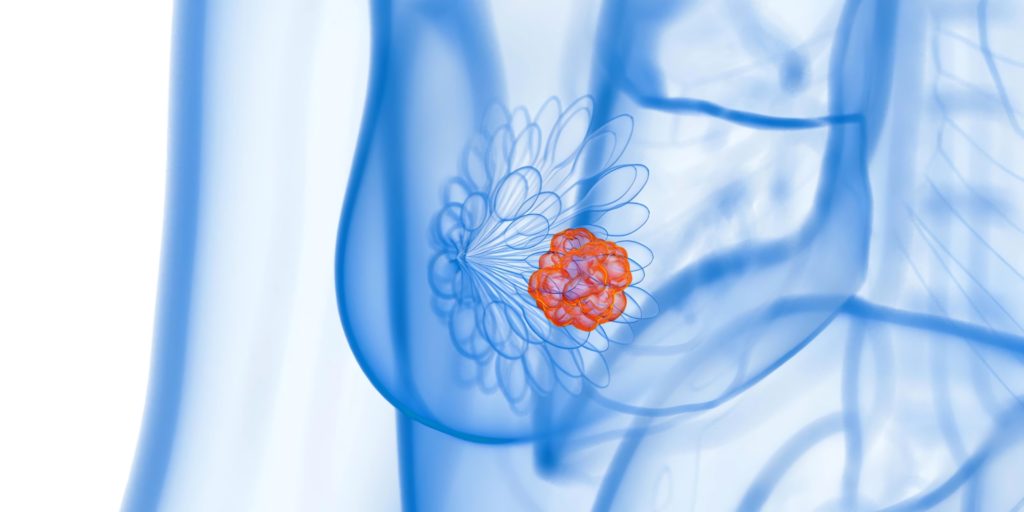
CHUV and UNIGE study shows virtual reality can trigger an immune response
20 August 2025
 The study reveals the brain’s ability to anticipate infectious danger and engage the body in a defensive response before a pathogen is present. | © CHUV
The study reveals the brain’s ability to anticipate infectious danger and engage the body in a defensive response before a pathogen is present. | © CHUV
A study by CHUV and UNIGE published in Nature Neuroscience shows that virtual reality scenarios can activate the human immune system in the absence of real pathogens.
A multidisciplinary research team from Lausanne University Hospital (CHUV) and the University of Geneva (UNIGE) has demonstrated that the brain can trigger an immune response after exposure to a virtual threat of infection. The findings, published in Nature Neuroscience, highlight a previously unknown form of communication between the brain and the immune system.
The team, led by Professor Andrea Serino, head of the MySpace Lab at CHUV and associate professor at UNIL, and Professor Camilla Jandus of UNIGE’s Faculty of Medicine, showed that the mere perception of a sick avatar in a virtual environment was sufficient to activate measurable immune responses in healthy volunteers.
Promising therapeutic perspectives
Around 250 participants took part in the study. For 15 minutes, they were exposed in virtual reality to human avatars, some displaying visible signs of infection such as skin rashes, others with neutral or frightened expressions. Brain activity was monitored using electroencephalography and MRI, while blood analyses were conducted to detect immune markers. Results revealed that the approach of an “infected” avatar was enough to activate brain regions linked to threat detection and immune regulation. Remarkably, typical biomarkers of an immune response to real infection were also found in participants’ blood.
To compare this reaction with that of a real immune activation, another group received a flu vaccine. The researchers found striking similarities between the immune markers of vaccinated subjects and those exposed to the virtual infection.
“This study shows that the brain can anticipate infectious danger and mobilize the immune system before any real pathogen is present,” the authors noted. These discoveries could reshape understanding of psychosomatic mechanisms, placebo effects, and brain–immune interactions. They also open therapeutic avenues where virtual reality might one day be used to enhance vaccine efficacy, modulate immune responses, or treat conditions such as allergies.

